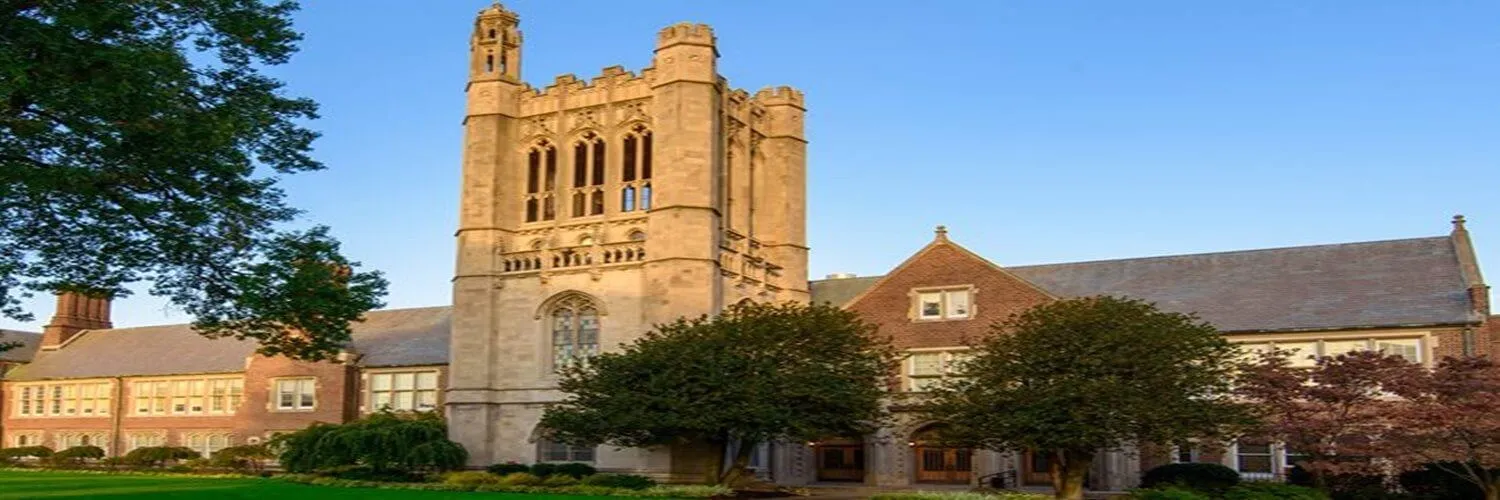If 100 applicants wish to take admission to NJCU, about 95 are accepted every year. This means, the university has a high acceptance rate of around 95%. Moreover, the range of SAT scores of students getting admitted is 860-1080. For the perusal of the applicants, here is an important admission benchmark, the average GPA of students getting admitted is 2.90. The applicants must keep in mind that the application deadline for New Jersey City University is May 15, 2019. New Jersey City University follows a simple application and admission process involving a total of 4 steps that are as follows: Step 1: Submitting the application The first step in NJCU's admission procedure is applying to the university. To apply to the university, interested candidates can either call the university at (201) 200-2000 or do it through online mode to secure admission. They can also follow an alternate way to take admission to the university by visiting its admissions office at 2039 Kennedy Blvd, Jersey City, New Jersey 07305. Otherwise, they can contact New Jersey City University's admissions office by phone in order to take admission. Step 2 to the application and admission process: Acceptance by NJCU After submission of the form and deposition of the enrollment fee, an applicant has to submit certain documents, to receive an admission decision.
In the case of New Jersey City University, an applicant has to submit the following documents:
Essay: This is also known as the personal statement, it offers applicants to list their achievements and personality. Applicants are advised to include personal experiences and anecdotes as well. Transcripts: As a part of the evaluation process, candidates have to submit necessary high-school and university transcripts. An applicant can submit the transcripts through Parchment (or similar platforms). Official Test Scores: By submitting the official scores, students can make a stronger claim for a seat at New Jersey City University. However, it is not a mandatory requirement and not all students submit their scores. The university may request additional documents or information from the applicants once the reviewing process is over. Step 3 involves confirmation of attendance The candidates have to confirm their attendance to New Jersey City University to complete the third step. They will also be required to select their housing as well as complete their Financial Check-In process. These processes include reviewing and verifying the summary of Accounts and Financial Aid (scholarships, fees, and tuition costs), choosing a lodging option, selecting a payment plan, and making the first payment as well. Apart from that, candidates are also required to complete the Math and English assessments, before proceeding to register for classes. Step 4 includes registration for classes Once all the processes mentioned above are completed, the candidates will be required to register for courses.









